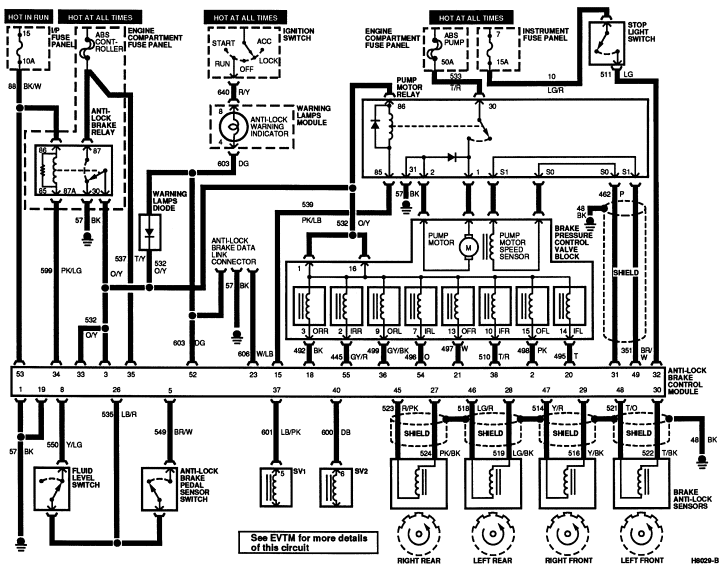When it comes to understanding the intricacies of your vehicle’s electrical system, having a Tfi Wiring Diagram can be invaluable. This diagram provides a detailed overview of the wiring connections and electrical components in your vehicle, allowing you to troubleshoot issues and make necessary repairs. Whether you’re a seasoned mechanic or a DIY enthusiast, having access to a Tfi Wiring Diagram can make all the difference in maintaining your vehicle.
Why are Tfi Wiring Diagrams Essential?
Tfi Wiring Diagrams are essential for a variety of reasons:
- Helps you understand the electrical system of your vehicle
- Allows you to identify and locate specific components
- Aids in diagnosing electrical issues quickly and accurately
- Provides a roadmap for making electrical repairs or modifications
How to Read and Interpret Tfi Wiring Diagrams Effectively
Reading and interpreting Tfi Wiring Diagrams may seem daunting at first, but with a few key tips, you can navigate them with ease:
- Start by familiarizing yourself with the diagram key or legend
- Follow the wiring lines to trace the electrical connections between components
- Pay attention to symbols and color codes to understand the function of each component
- Refer to the vehicle’s service manual for additional information or specific details
Using Tfi Wiring Diagrams for Troubleshooting Electrical Problems
Tfi Wiring Diagrams are a valuable tool when it comes to troubleshooting electrical problems in your vehicle:
- Identify potential issues by tracing the wiring connections and locating faulty components
- Use a multimeter to test for continuity, voltage, and resistance at various points in the circuit
- Refer to the wiring diagram to ensure proper connection and voltage flow
- Consult with a professional mechanic or electrician if you encounter complex issues
Importance of Safety When Working with Electrical Systems
When working with electrical systems and using wiring diagrams, safety should be your top priority. Here are some safety tips and best practices to keep in mind:
- Always disconnect the battery before working on any electrical components
- Wear insulated gloves and goggles to protect yourself from electrical shocks
- Avoid working on wet or damp surfaces to prevent electric shock
- Double-check your connections and wiring before reapplying power to the system
Tfi Wiring Diagram
| Repair Guides | Thick Film Integrated (tfi | Diagnosis And Testing

Ford Tfi Wiring Diagram Pics | Wiring Collection

Tfi Module Wiring Diagram To 94 F350 – Wiring Diagram Pictures

Tfi Module Wiring Diagram To 94 F350

» mustang-tfi-wiring

Ford Tfi Module Wireing
